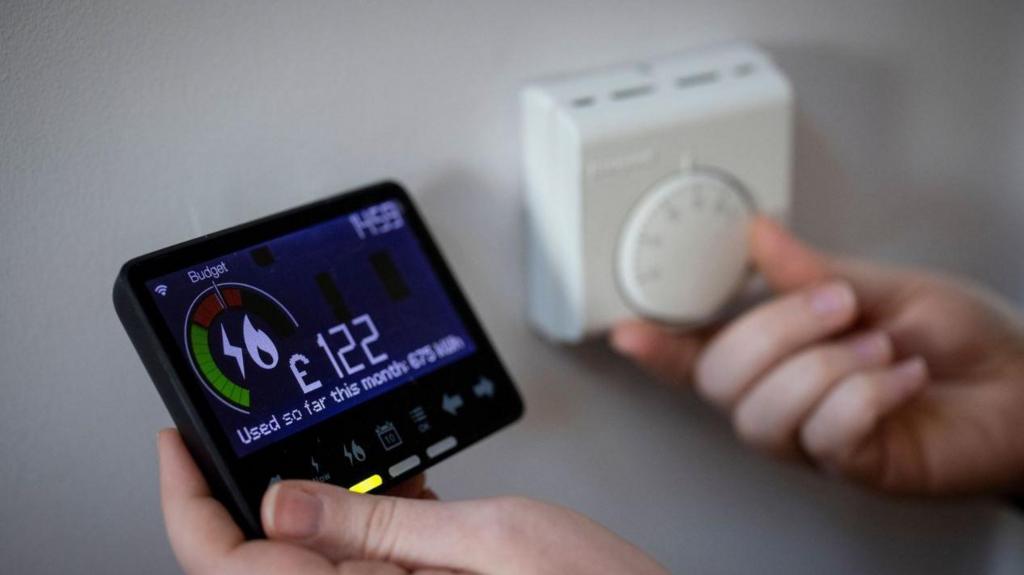Electricity prices in Guernsey are rising next month, a stark contrast to the decreasing energy costs seen in the UK. This increase prompts questions regarding the underlying factors affecting the island.
Analyzing data from Guernsey Electricity Ltd’s (GEL) tariff calculator and Uswitch, the BBC compared annual electricity costs for low and high-usage households in Guernsey and various UK regions.
A typical low-usage Guernsey household will spend approximately £637 annually on electricity from July, while comparable UK households could save between £7 and £123 (1%-19%).
Conversely, high-usage Guernsey households (£1,503 annually) will fare better than their UK counterparts, who could see costs increase by £42-£244 (up to 16%).
GEL attributes this disparity to differing tariff structures, pricing models, and economies of scale, making direct comparisons challenging.
Note: These figures exclude special tariffs (e.g., heat pumps, renewable energy feed-in). Low-usage calculations are based on 1,408 units annually, high-usage on 5,517. UK figures include Direct Debit discounts; Guernsey includes Standing Order discounts.
Guernsey’s electricity prices remained stable from 2012-2019 but have since risen sharply, resulting in a 47%-117% increase for the average household since 2021.
Unlike UK providers, GEL manages all aspects of Guernsey’s electricity supply. Approximately 90% of the island’s electricity is imported from France via a subsea cable, supplemented by 10 on-island generators.
GEL’s CEO, Alan Bates, notes that artificially low prices in the 2010s, while beneficial to consumers, led to underinvestment in infrastructure. This necessitates current price increases to rectify past underinvestment.
GEL’s fixed-price agreement with EDF (France) shielded Guernsey from oil and gas price volatility. However, with that agreement expiring, increased costs are passed to consumers, including the recent 8% rise.
Further contributing factors include increased borrowing costs and decarbonization plans. GEL suggests cost savings are possible through their “Super Economy 12 tariff” and a 2% standing order discount.
Island residents, like Alexandra Gelder, express concern over affordability. Citizens Advice Guernsey anticipates increased demand for assistance as tariffs increase.
GEL highlights its fixed-price electricity purchases since 2017, which saved consumers over £70m, and recommends using their online tariff calculator for personalized cost assessments.
GEL’s standing charge has seen a significant increase, from under £18 to £86.75 quarterly (2021-July 2025). GEL states this reflects a shift from primarily unit-based income towards a more sustainable model accounting for renewable energy adoption by households.
Future adjustments are planned, pending the installation of modern electricity meters, with GEL ensuring a reliable power supply.
Visualisations by Georgina Barnes and the BBC Shared Data Unit
Follow BBC Guernsey on X and Facebook and Instagram. Send your story ideas to [email protected].
Increasing costs are presenting financial challenges and its trips are on hold, the charity says.
A charity that helps parents with young babies says it is itself “massively feeling the pinch”.
The BBC understands up to 100 of the brand’s 825 UK stores could close as the new owners shake up the business.
Higher prices for some items were offset by declines in other areas, such as petrol, airfares and clothing.
Spending limits for government departments are being outlined by the chancellor. This is how it affects you.

